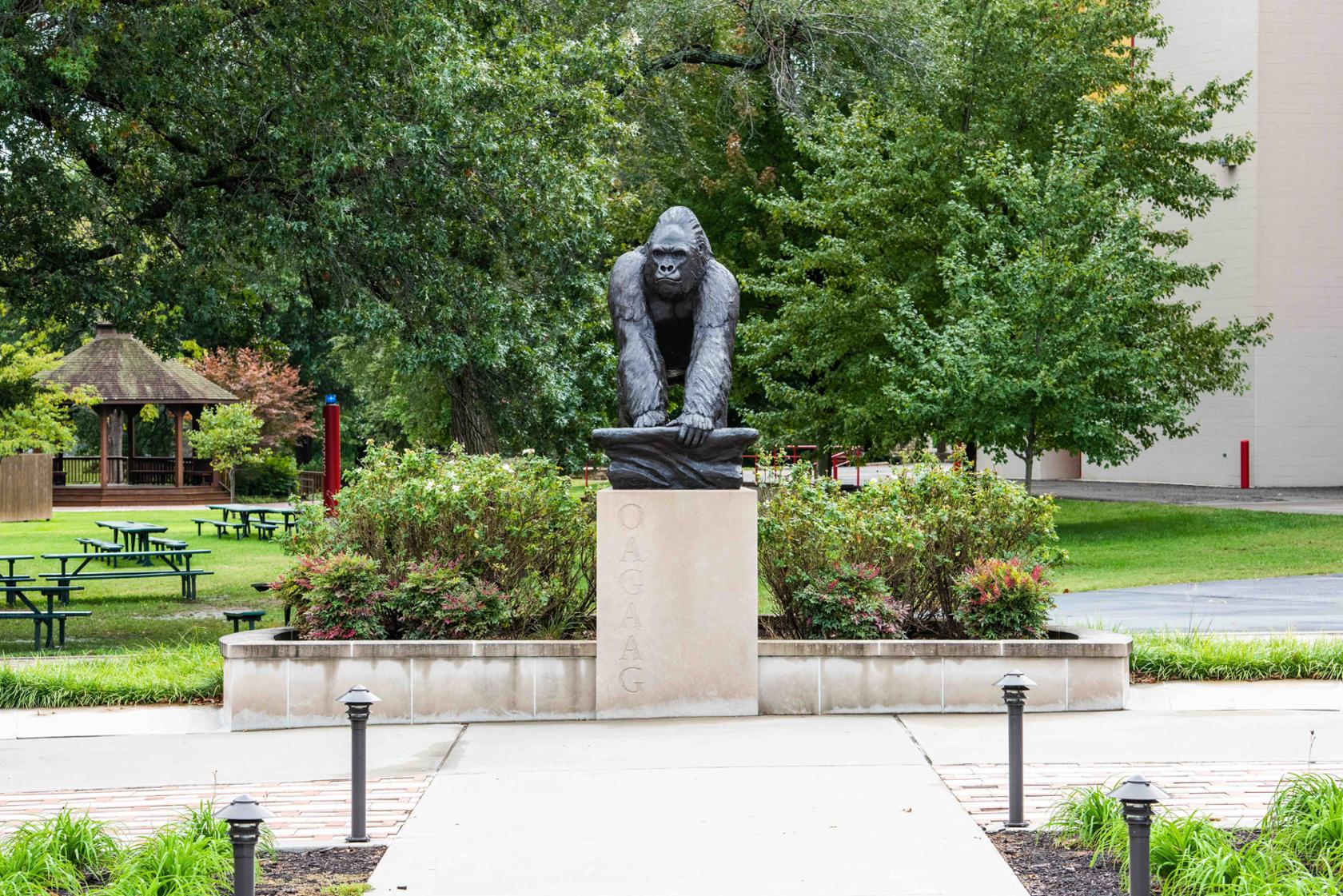Pittsburg State students to see only modest tuition increase, expansion of Gorilla Advantage
Thursday, June 18, 2020 10:25 AM
News
Pittsburg, KS

After a year of zero tuition increases, students at Pittsburg State University will pay just $83 more per semester in tuition and fees under a proposal presented Wednesday to the Kansas Board of Regents.
This follows years of careful planning, cost reductions, and focus on programs that add value in the region. The increase applies to in-state and non-resident undergraduate and graduate students.
“It’s more important than ever for Kansas to have an educated workforce,” said PSU President Steve Scott. “Future-proof jobs are usually filled by credentialed professionals, so we work hard to keep costs low so Pitt State can provide that preparation for every citizen.”
Full-time in-state undergraduate tuition will be $2,918 per semester. PSU already has flat-rate tuition, which allows full-time students to enroll in additional credit hours without paying additional tuition.
In addition, the University is undertaking further expansion of the Gorilla Advantage program, which grants in-state tuition rates to non-residents. Last year, all of Missouri, Oklahoma, and Arkansas were added, and this year the program is growing to include Texas and Tennessee through private funding.
“Opening new opportunities to Texas and Tennessee would not be possible without strong relationships with regional employers who need our graduates,” said Scott. “Their support is essential to make up the difference between non-resident and in-state tuition.”
Given the upheaval brought on by the COVID-19 pandemic, Gov. Laura Kelly announced in April that the state expects a $1.3 billion shortfall in the state budget over the next two fiscal years. Managing resources going forward is critical.
PSU has long sought to control costs, and in the past 3.5 years has doubled down to reduce the budget by $8 million while maintaining the quality today’s students demand. Departments across campus have taken strategic steps to tighten spending, which had a direct and significant impact on the low tuition increase the university sought from the board.
“At the same time, we have worked hard to grow our revenue streams in other areas – aggressive enrollment growth strategies, federal grants that enable program expansion and scholarships, and increasing access for students in neighboring states,” Scott said. “This financial diversity will prove essential in the next few years.”
Student fees also will increase modestly, by $12 per semester, and will focus on student mental and physical health, wellness, and safety.
Scott noted the impact the pandemic has had on instructional methods, and how it’s accelerated development of programs and delivery methods that meet students where they are.
“Pittsburg State University’s motto is ‘by doing, learn’, and we have established excellent facilities and hands-on experiences that make that a reality,” said Scott. “Students come here for preparation that sets them apart in the workforce. There is a misconception that providing online instruction is far cheaper, but in reality, transitioning Pitt State experiences to alternative formats while maintaining our standards of quality takes tremendous amounts of time and resources.”
Even with this increase, Pittsburg State University remains the lowest-priced option among peers designated by the board, and very competitive within the region and the MIAA conference. The university has avoided the double-digit percentage tuition increases many other institutions have implemented.
“We never like to raise tuition, and we aspire to be a very affordable choice,” said Scott. “Our strategy and continued financial stewardship will enable this for the long run.”